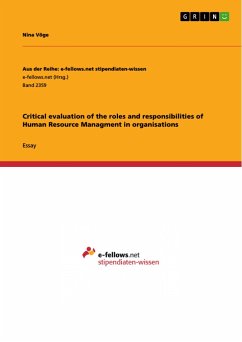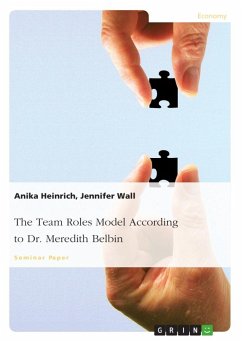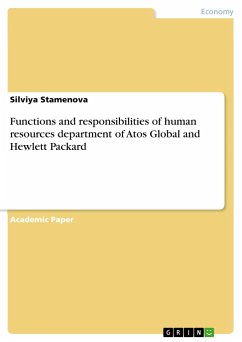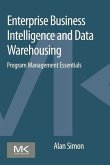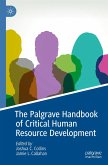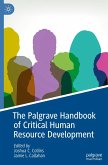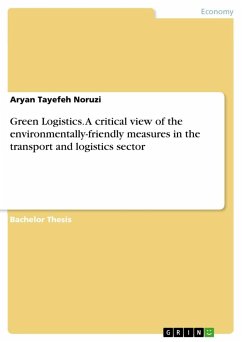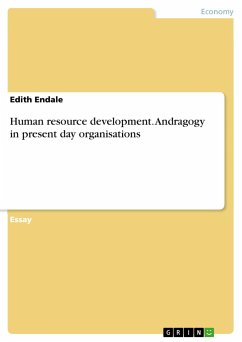Essay from the year 2016 in the subject Leadership and Human Resource Management - Miscellaneous, grade: 1,5, Aston University, language: English, abstract: As an organisation constantly interacts with and relies on its environment, change can be seen as one of the main threads running through the evolution of Human Resource Management (HRM). Indeed, as research confirms, external trends such as new technological developments, ongoing globalisation, changing demographics and increased attention towards wellbeing are important predictors of how work is managed today.Considering the evolution of HRM overtime, it is apparent that both its roles and responsibilities in organisations have changed significantly. Within the context of organisational change this essay aims to critically evaluate HRM's roles and responsibilities.Early theories suggest that HRM is as a necessity to reassess how to manage people and their welfare at work. During the industrial age the Principles of Scientific Management by Frederick Taylor proposed that efficiency and productivity could be achieved best of all through rationalised modes of production. It was during that time, that the importance of HR and people management as a profession grew considerably. By the middle of the 20th-century academic research in the fields of psychology, anthropology and sociology began to emphasise the behavioural and emotional context of the employment relationship, leading to an understanding of HRM as a more holistic perspective.

